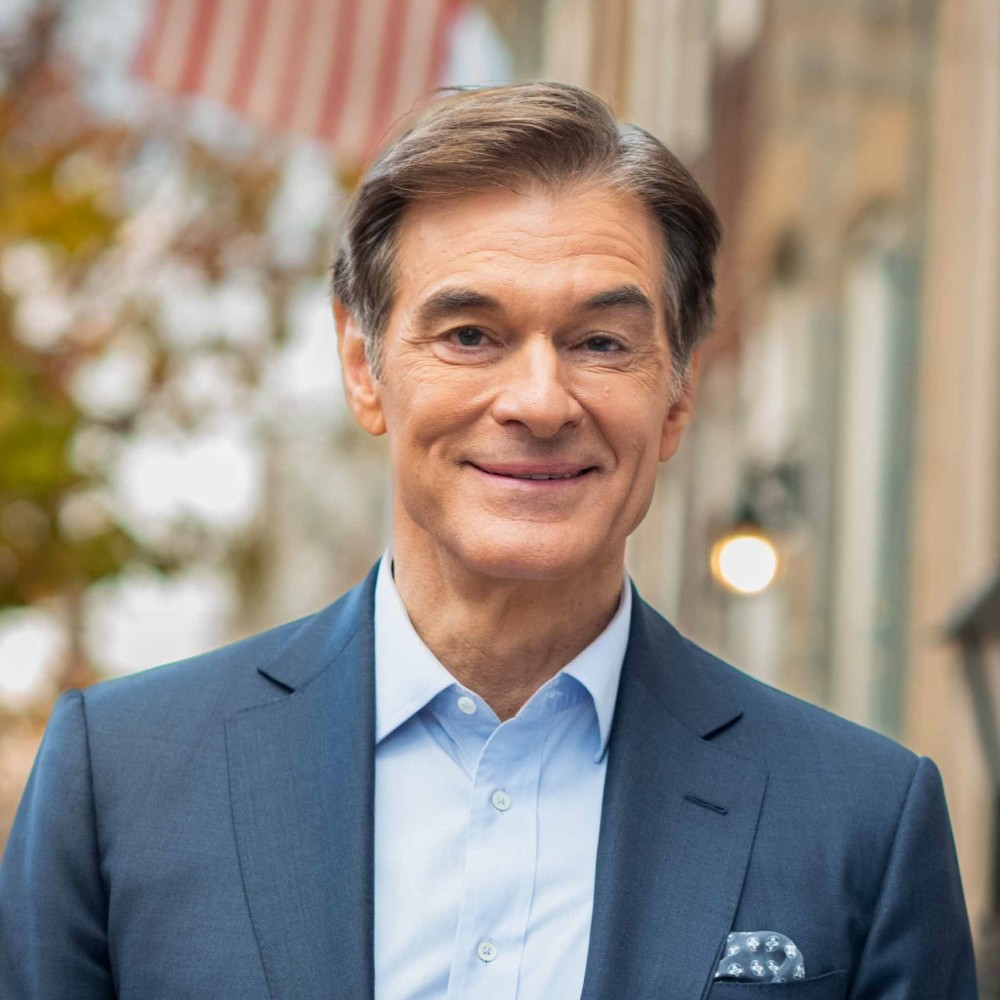Dr. Oz hopes to be first Muslim in US Senate

Mehmet Oz, the celebrity surgeon and host of The Dr. Oz Show, has launched a campaign for Pennsylvania’s open US Senate seat. If Oz wins the Republican nomination, he will be the first Muslim to be nominated for a Senate seat by a major American political party.
The son of Turkish immigrants, Oz was a widely known cardiothoracic surgeon and Columbia University professor of medicine before rising to national prominence on television, initially as a frequent guest on Oprah Winfrey’s talk show before debuting his own syndicated show in 2009.
Oz’s faith is perhaps little known to the millions of viewers of his show.
While his mother adhered to the secular vision of modern Turkey’s founder, Kemal Atatürk, Oz’s father was a strict Muslim, Oz said in a 2012 interview. As a young man, Oz said, he rebelled against both traditions and chose to align his views with Sufism, a mystical Islamic sect.
“I’ve struggled a lot with Muslim identity in part because within my family there were two different perspectives on it,” he said.
Oz has also cited Emanuel Swedenborg, the 18th-century Swedish theologian, as a spiritual influence. The Swedenborgian Church of North America reported that Oz was introduced to the tradition by his wife, Lisa, a member of the Swedenborgian community of Bryn Athyn, Pennsylvania.
He has also credited his wife with introducing him to Transcendental Meditation and Reiki, a traditional Japanese practice of using “healing energy” for medicinal purposes.
In 2016, Oz interviewed Donald Trump, then a presidential candidate, on The Dr. Oz Show. Two years later, Trump named Oz to the Council on Sports, Fitness, and Nutrition.
Oz subsequently endorsed the use of the malaria drug hydroxychloroquine to combat COVID-19, which Trump also touted while in office. The US Food and Drug Administration has since cautioned against such use of the drug outside of a hospital setting, saying it can cause heart and other problems.
Oz appeared before a congressional investigative panel in 2014 to discuss his support for the weight-loss properties of green coffee supplements. He admitted that some of his language had been “flowery.” —Religion News Service





